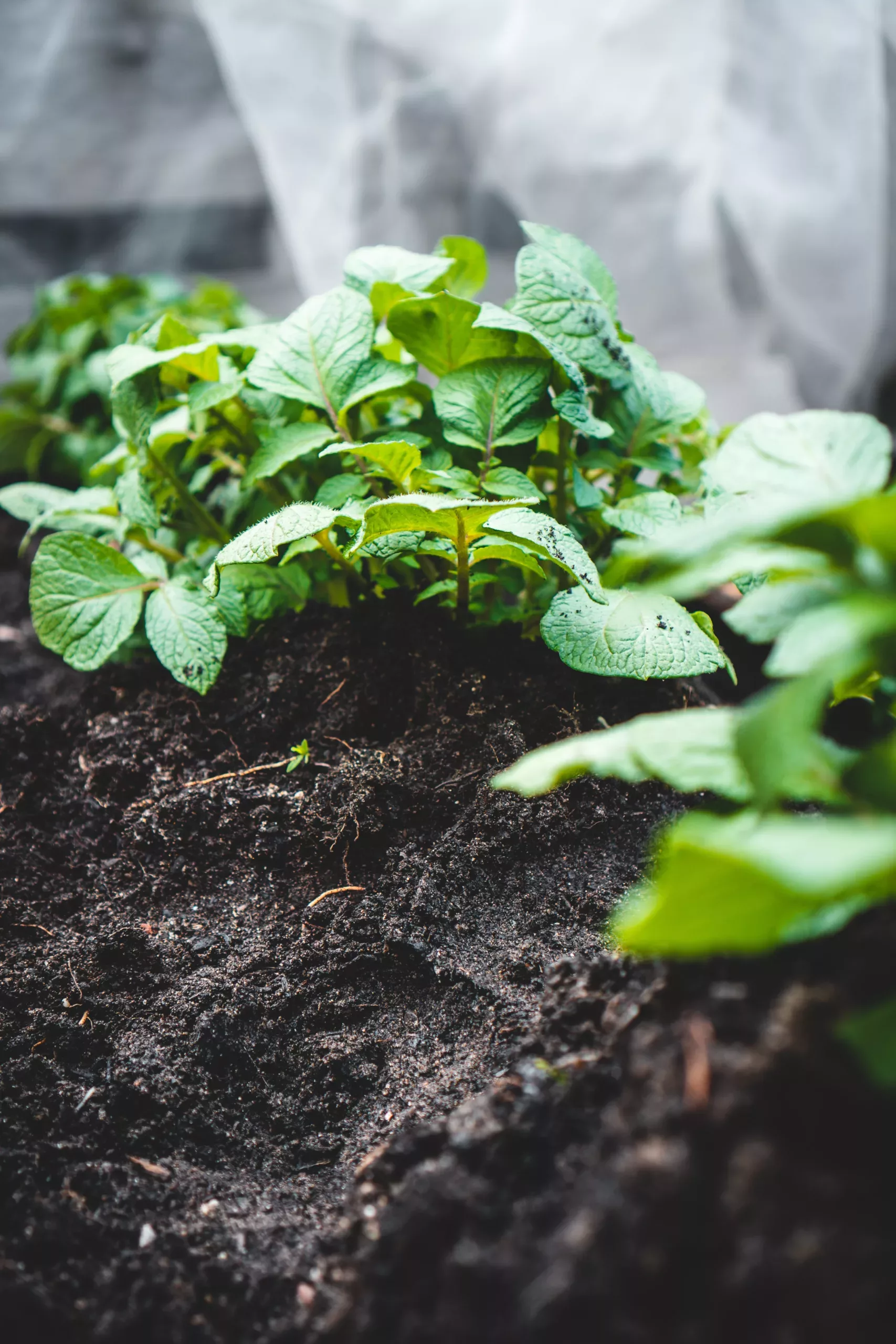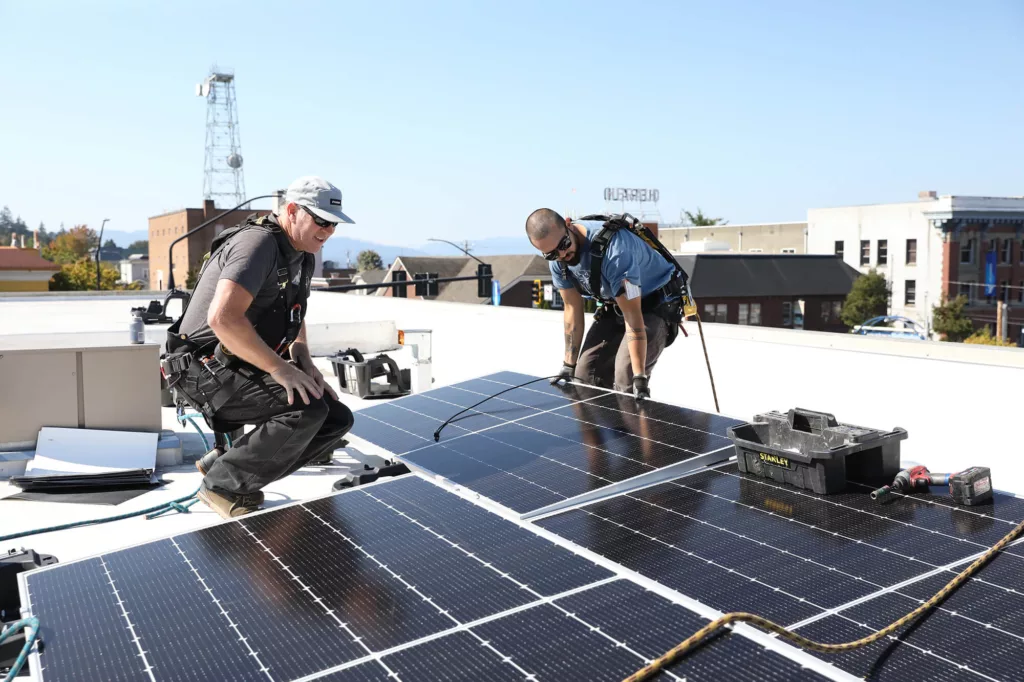
Sustainability
At the Community Food Co-op we recognize that our responsibilities go beyond the products on our shelves.
We are committed to transparency in annually auditing our sustainability efforts with support from NCG’s Co+efficient program.
We Are Sustainability Stars
Community Food Co-op has been recognized for our excellence in our sustainability efforts, some of our awards and certifications include:
- Outstanding Company award from The Climate Collaborative
- Sustainability Champion award from Sustainable Connections
- Surfrider Foundation Ocean Friendly Restaurants Certification
- EnviroStars Green Business
- LEED certified at our Cordata store location
The Co-op continues to make a positive impact on environmental issues. This year we worked with Ecotech Solar to add a new solar array to our Holly St. location! Track our solar production.

Check out our webinar with Sustainable Connections on Solutions to Single-Use Plastics.
2024 Sustainability Report
The 2024 Sustainability Report highlights just a few of our achievements from the most recent calendar year. Data for the 2024 report was collected from January 1, 2023 – December 30, 2023.
Questions About Sustainability?
Contact our Sustainability Manager, Melissa Elkins at 360-734-8158, ext. 318.